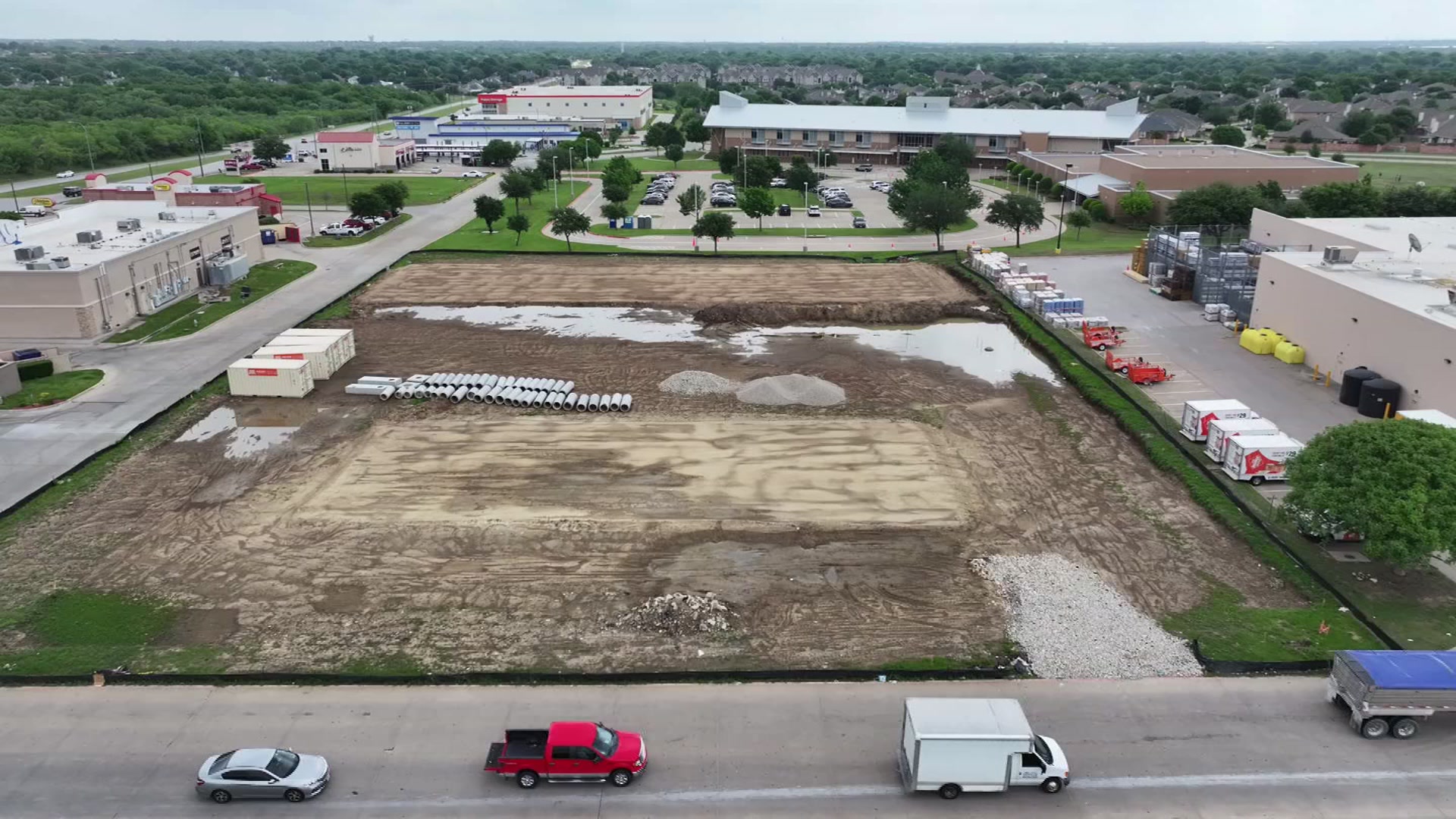The Dallas Police Department has weathered significant changes in the year since a sniper killed five law enforcement officers.
Police Chief David Brown retired in October. The city's police and fire pension system fell into a financial crisis, prompting hundreds of officers to retire to avoid impending cuts to benefits and increases in contributions. The department is also faced with hiring hundreds of new officers, and dozens of questions remain about the attack on the night of July 7, 2016.
A look at the state of the nation's seventh-largest police department:
Lingering Questions, A Veil of Secrecy
Nearly a year after the deadly ambush, the investigation into the sniper attack remains open. The gunfire began toward the end of a peaceful protest over police killings of black men in Minnesota and Louisiana.
Deputy Police Chief Thomas Castro said recently that some evidence was still being processed, but he expected the department's findings would soon be turned over to the Dallas County district attorney's office.
A veil of secrecy still conceals much of the case. The department has not released the 911 calls, surveillance video, or body camera or patrol-car footage from the attack. The autopsy reports for the five slain officers and for gunman Micah Johnson also remain sealed. Johnson was killed by a robot carrying explosives — a first for any law enforcement agency nationwide.
Ballistic reports, transcripts of negotiations with Johnson, documents related to the decision to use the robot and any inventory of items seized from Johnson's home have also been withheld.
Pension Woes, Officer Flight
Even before the shooting, the department's morale was low because of financial issues involving the Dallas police and fire pension fund.
Actuarial accountants concluded that the fund, which invested in risky real estate ventures, had approved overly generous benefits and overvalued assets. They warned that it could be insolvent in less than 10 years.
Local
The latest news from around North Texas.
After the attack, officers became fearful that benefits would be slashed. They filed for retirement at record rates and pulled out savings to the tune of about $500 million — or 20 percent of the fund's monetary assets — in a rare run on the pension system. That only deepened the financial woes.
Texas lawmakers stepped in recently to mediate a plan to fix the fund over the next few decades, but the plan includes sacrifices that may be hard for some officers to accept. Benefits for future retirees will be cut, the retirement age raised and the contributions for officers increased significantly.
Union officials worry that the changes that go into effect in September, though necessary, will increase the retirements and the flight of younger officers to neighboring departments.
About 700 of the department's 3,600 officers have retired or left in the last 18 months. Union officials worry that another 200 will leave under the changed benefits system. That could mean hiring nearly 1,000 officers in less than a year to bring the department back up to previous staffing levels.
Security Increases
After the attack, the department made several purchases to better protect officers, including buying more rifles with optics and more bulletproof shields, helmets and "plate carriers," which are sheaths that go over vests that are able to stop higher-caliber assault-rifle rounds.
The department has also looked into increasing training in advanced rifle use, advanced patrol tactics and for dealing with ambushes when officers are in vehicles, said Lt. Matt Williamson of the police training division.
The Texas Legislature recently passed a bill creating a grant program to pay for some purchases.
Meanwhile, the Dallas City Council will ask voters to approve a multi-million-dollar bond package in November that would include some funding to launch a series of security upgrades over the next decade at police headquarters and at the department's substations.
The upgrades were first discussed in 2015, when a gunman named James Boulware opened fire on police headquarters from inside an armored van. Boulware, who told police he was angry because an officer had taken his son away, was eventually killed by a police sniper after a chase.



